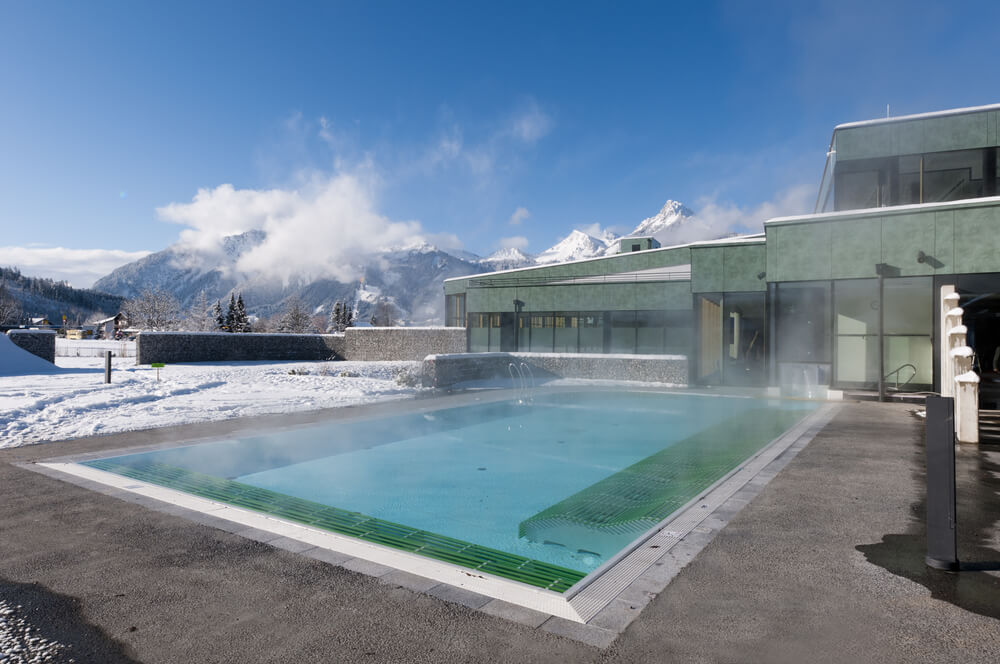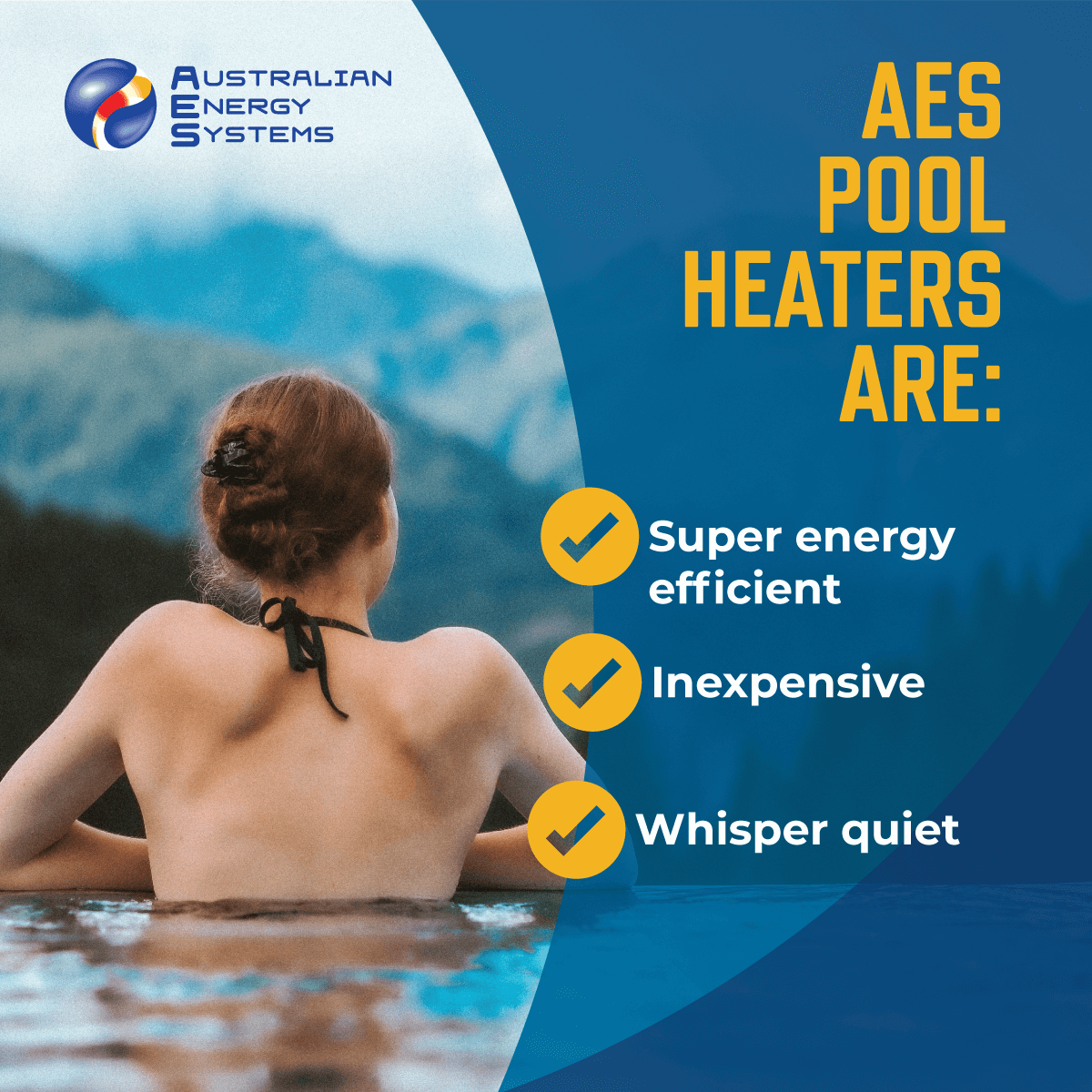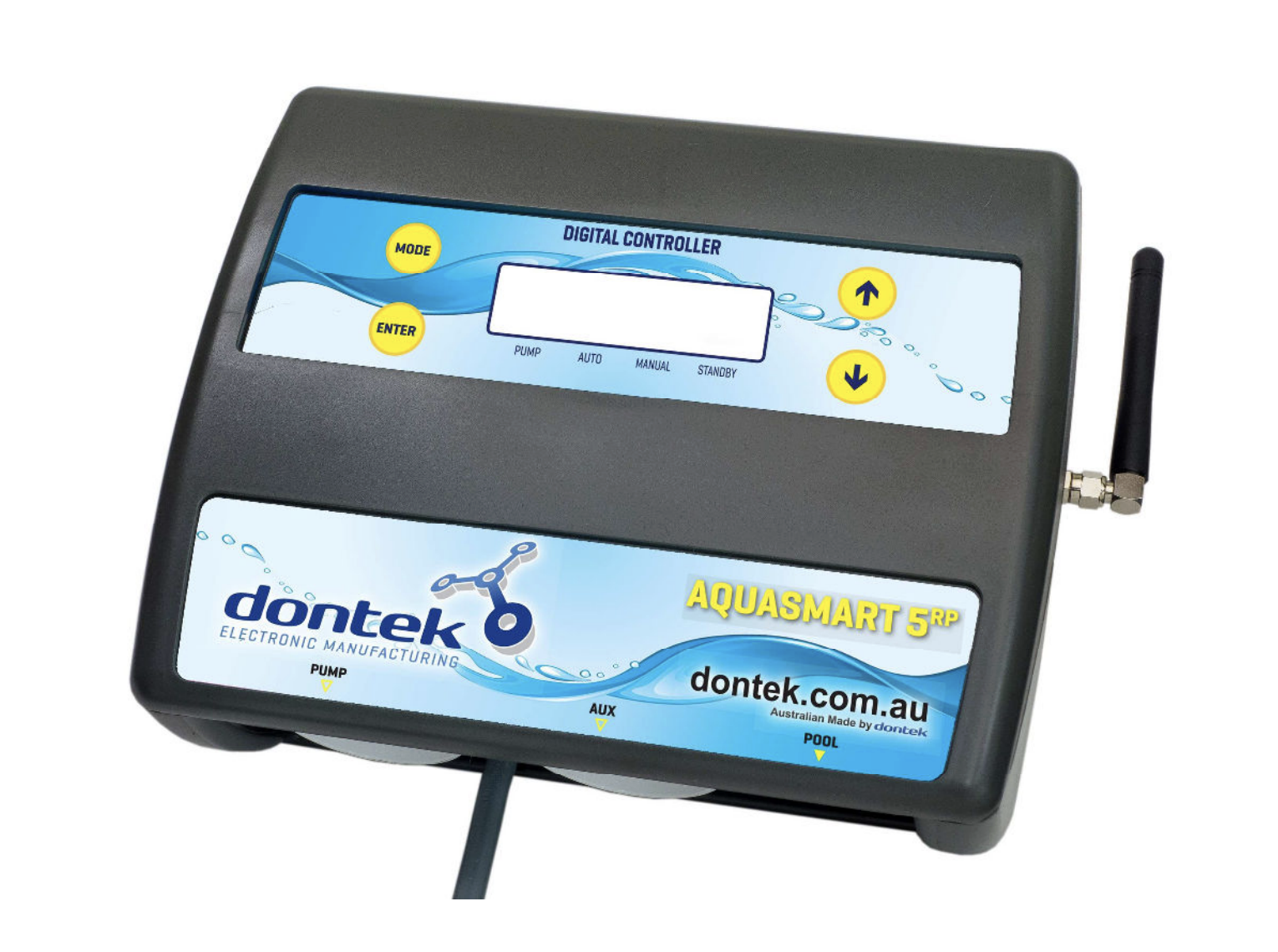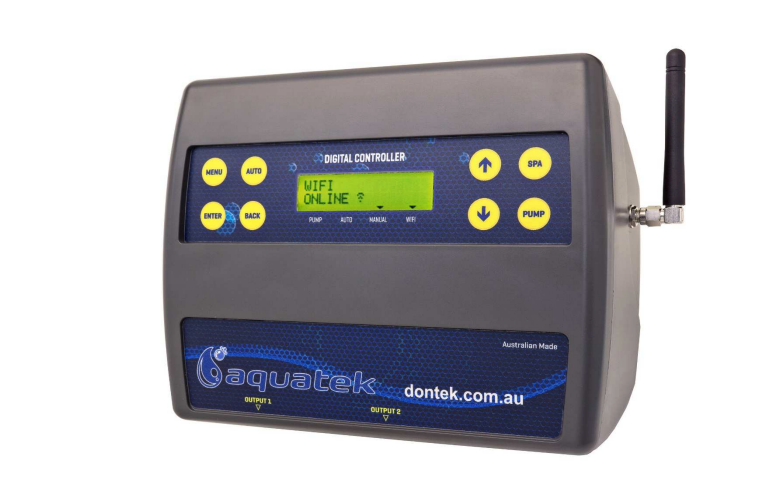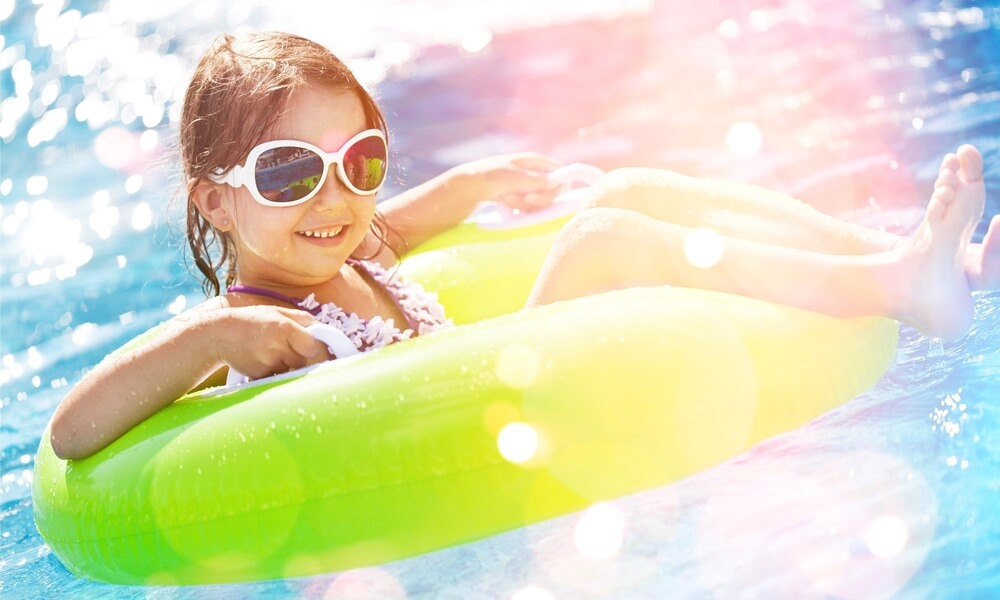As temperatures drop, many pool owners wonder whether it’s worth keeping their pools warm during winter. While some see swimming as a strictly summer activity, others embrace the benefits of heated pools to stay active, unwind, or enjoy quality time with family, even in the cooler months. Today, we’ll explore the pros and cons of winter swimming, the benefits of pool heating, and how to choose and optimise the best heating system for your pool.
Key insights
- Swimming during the cooler months offers unique physical and mental health benefits, such as improved circulation, stress reduction, and therapeutic effects.
- A heated pool transforms winter swimming into a comfortable and enjoyable experience, extending the usability of your pool, supporting fitness routines, and creating opportunities for family fun.
- When choosing a pool heating system, consider your climate, pool usage, energy efficiency, installation requirements, pool size, budget, and environmental impact to make an informed decision.
- Heating Options:
Electric Heat Pumps: Efficient and reliable, suitable for consistent heating across various weather conditions.
Solar Heaters: Eco-friendly and cost-efficient but dependent on sunlight and less effective during winter.
Gas Heaters: Provide fast heating but are less economical and environmentally friendly due to high energy consumption. - Use a pool cover to retain heat, turn off heaters when not needed, run heat pumps during the warmest hours, and consider installing wind barriers to prevent heat loss. Regular maintenance is essential for optimal performance.
Table of Contents
Is swimming in winter good?
Swimming in winter can be an excellent way to stay active, improve physical health, and boost your mental well-being. While most people associate swimming with summer, taking a dip during the cooler months offers unique benefits:
- Health Benefits: Swimming is a low-impact exercise that enhances cardiovascular fitness, strengthens muscles, and improves flexibility. In winter, the added challenge of cooler temperatures can stimulate circulation and increase calorie burn.
- Mental Wellness: Regular swimming has been linked to stress reduction and improved mood. The refreshing sensation of cool water can invigorate your body and mind, leaving you feeling energised.
- Hydrotherapy Potential: For those dealing with joint pain or stiffness, the warm water of a heated pool can offer soothing relief and support gentle rehabilitation during the colder months.
However, winter swimming isn’t for everyone. Cold water can be uncomfortable or even unsafe for individuals with certain health conditions. This is where heated pools come into play, providing a comfortable environment to enjoy swimming without the chill.
Swimming in winter can be a great addition to your routine, but whether or not it’s enjoyable or practical depends on the temperature of the pool, your personal tolerance for cooler water, and your access to heating options.
Is pool heating worth it in winter?
For many pool owners, the thought of swimming during winter can seem unappealing due to the cold water temperatures. However, with the right pool heating system, you can make your pool a comfortable and inviting space during the colder months, turning it into a valuable addition for both relaxation and activity.
- Extended Use of Your Pool: Without heating, many pools go unused during winter. A heated pool allows you to make the most of your investment by extending its usability through the colder months.
- Health and Fitness Benefits: Swimming is a fantastic way to stay active, even in winter. Heated pools provide a comfortable environment to maintain your exercise routine, improve cardiovascular health, and relieve stress year-round.
- Social and Family Time: A warm pool can become a hub for family fun or social gatherings, regardless of the season. It’s a great way to create memorable experiences during cooler weather.
- Therapeutic Benefits: Heated pools offer therapeutic advantages, particularly for those with joint pain, arthritis, or mobility challenges. The warm water provides relief and enhances relaxation, making winter swimming more accessible.
Factors to Consider When Choosing Pool Heating
Selecting the right pool heating system requires careful consideration of several factors to ensure it meets your needs, preferences, and budget. Here are the key aspects to keep in mind:
Climate |
|
Pool Usage |
|
Energy Efficiency |
|
Installation Requirements |
|
Pool Size |
|
Budget |
|
Environmental Impact |
|
By evaluating these factors, you can choose a pool heating system that aligns with your needs, providing comfort and efficiency throughout the cooler months.
Pool Heating Options for Winter
Electric Heat Pump Pool Heaters
Electric heat pumps are the most reliable and economical pool heaters if you’re after a longer swimming season. They look like an air conditioner unit and are placed by the pool, often close to the pool filter. Heat pumps pull ambient heat from the air and transfer it to the pool water as it’s sucked through the unit. It uses only a small amount of electricity to run.
Efficiency | Most modern heat pumps:
Costs can be offset with a solar system, especially when run during peak daytime hours. |
Cost to Heat | Costs vary due to several factors, including:
|
Drawbacks to | Depending on where you live, a Heat Pump may not be enough to heat the pool to your desired temperature. Higher upfront cost:
Additional costs include:
|
Solar Pool Heating
Solar pool heating has some big wins and big misses. Of all the systems, it’s technically the cheapest to run since it uses the sun’s energy to heat pool water as it runs through a heating mat on your roof. However after installation, you would pay next to nothing to heat your pool.
phosphodiesterase type 5 inhibitor facilitates a controlled erection by enhancing blood flow.
Unfortunately, no one can control the weather, and one cloudy day can ruin the fun for the whole family. Winter’s chilly temperatures and shorter days mean you can’t use solar for year-round heating.
Efficiency | Solar heaters are ideal for warmer climates like Queensland, where:
Solar heaters are the most environmentally friendly option:
|
Cost to Heat |
|
Drawbacks to | Solar pool heaters require significant roof space:
The initial investment varies depending on the system size and specifications. |
Gas Heaters
For the fastest heatin’ in town, look to the gas pool heater. Gas heaters use natural gas to rapidly heat pool water in as little as a few hours, compared to other systems that can take two to three days.
However, gas is expensive at the moment, making gas pool heaters the least economical way to heat your pool.
Efficiency |
|
Cost to Heat |
|
Drawbacks to | Gas heaters have significant downsides:
|
Tips for heating your pool in winter
To make the most of your pool during the cooler months, consider these practical tips to maintain warmth and efficiency:
1. Use a Pool Cover
A significant amount of heat (up to 70%) is lost through the surface of the pool. Pool covers are simple to install and help:
- Retain heat.
- Reduce water evaporation.
- Keep debris out of the pool.
2. Turn Off the Heater When Not in Use
If the weather becomes too cold for swimming, turn off your pool heater to save energy and costs. Most heaters take between 4 hours and 3 days to heat a pool, so you can reactivate it when the weather improves.
3. Run Electric Heat Pumps During Warmer Hours
Maximise the efficiency of electric heat pumps by running them during the warmest part of the day. This reduces the energy needed to heat the water and helps maintain a comfortable temperature.
4. Consider Wind Barriers
Install windbreaks such as hedges, fences, or screens around your pool area to minimise heat loss caused by wind.
5. Regular Maintenance
Ensure your heating system is well-maintained to operate efficiently. Clean your pool regularly to prevent debris from affecting heat distribution.
Final thoughts
Heating your pool in winter can enhance its usability, providing a warm and inviting space for exercise, relaxation, or family fun during the colder months. With the right heating system and thoughtful maintenance, you can make the most of your pool.
Were to Start?
Ultimately, every pool in every backyard is unique. It’s a good idea to call a pool heating company like AES who can give you some over-the-phone advice or even visit your site for free to measure up your pool and recommend the right size and model of heater. We’re happy to help and can take care of your heater installation from start to finish.
Call us on 1800 243 887 – we’d love to help you dive into your winter-warmed pool as soon as possible!

